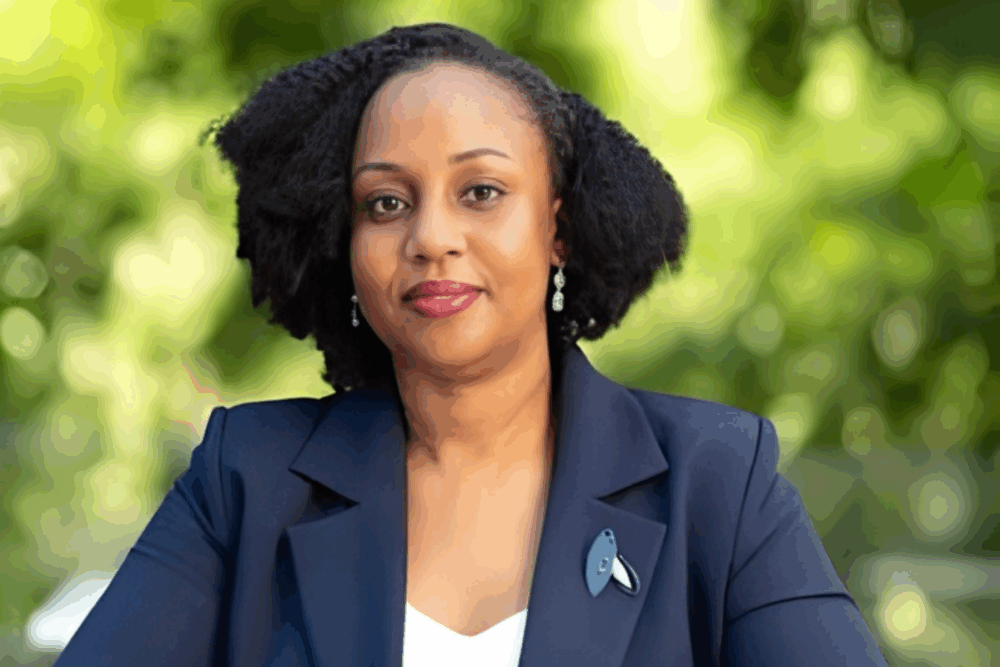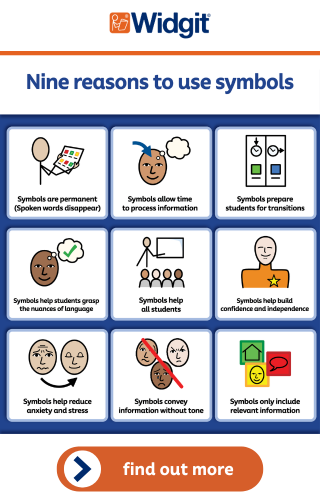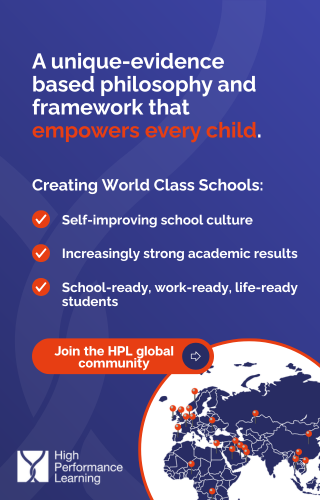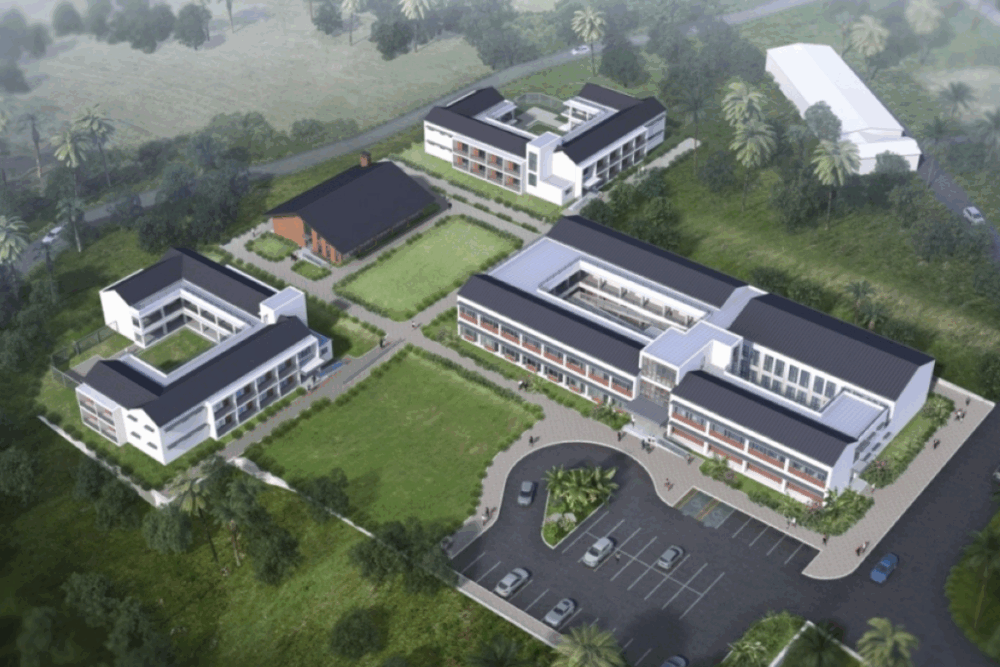Consider a continent with a mere 19-year-old average. However, because their skills aren’t developed, their opinions aren’t heard, and their opportunities are still limited, millions of young people’s potential remains unrealised.
Africa’s paradox is that, despite having the world’s youngest population, it is still struggling to turn its youth into a youth dividend. If we can’t achieve this potential, we risk not only economic stagnation but also a generation losing hope in the future.
Youth and talent development is about more than just jobs; it’s about dignity, purpose, and the ability to shape the future. Indeed, work is vital, but so are creativity, agency, and a sense of belonging.

From Survival to Leadership
If Africa is to thrive, its youth must be transformed from survival to leadership, creativity, and global competitiveness. This necessitates an ecosystem approach that includes mentoring that provides guidance, education that equips, opportunities that empower, and leadership that creates space at the table.
There are glimmerings of hope throughout Africa.
In Tanzania, youth-led programs like Vijana Plus equip young people and youth-led CSOs for good governance and development. The program provides a selected group of organizations with capacity-building training in strategic planning, organizational management, and the implementation of sustainable projects. They also receive support in strengthening their organizational structures for long-term impact, as well as funding and mentorship to implement innovative youth-led projects.
Every month, Grassroots Nest for Innovation & Change (GRiC) in Kenya offers mentorship, experiential learning opportunities, and training to give local youth vital life and career skills. These include teamwork, leadership, negotiation, creativity, and networking—skills that go beyond textbooks and equip young people for the realities of the modern, dynamic economy.
The emergence of coding schools, entrepreneurship accelerators, and youth innovation hubs throughout the continent is also contributing to a shift in the way young Africans view themselves, not as job seekers, but as problem solvers and job creators.
However, difficulties still exist despite these initiatives. The unemployment rate among young people is persistently high. Many graduates lack practical skills but leave school with theory. Furthermore, because of their age, talented young people are far too frequently left out of leadership roles.
Rethinking What Talent Really Means
The true potential is in reconsidering our definition of “talent.” Too long, grades, degrees, and certificates have been used as a limited way to measure talent. However, talent is more diverse. It is the capacity for innovation, adaptability in unpredictable circumstances, emotional intelligence, resilience, and problem-solving.
These “future-ready skills” are frequently cited by employers throughout Africa as the missing component. A young person who can code, lead a team, think critically, and change direction under pressure would be far more valuable to an organization than someone who simply memorizes a syllabus. ional frameworks for long-term impact.

Strategies That Work in Practice
We must adopt strategies that are effective if we are serious about releasing Africa’s youth potential:
- Mentoring and sponsorship: Assigning young people to leaders who provide them with opportunities rather than merely offering advice.
- Skills Development Programs: Digital skills, green jobs, entrepreneurship, creative industries, and practical, market-driven training in line with today’s economy.
- Youth Leadership Platforms: Establishing secure and purposeful environments where youth can lead initiatives, test theories, and influence policy.
Breaking down barriers between seasoned leaders and up-and-coming young voices in order to establish long-lasting, cross-generational institutions is known as cross-generational collaboration.
On my own path, I have seen talented, bright young people fading into the background because no one allowed them to shine. That loss affects society as a whole, not just individuals. between seasoned leaders and up-and-coming young voices to establish long-lasting, intergenerational organizations.
The youth of Africa have potential; that is a fact. Whether we, as leaders, legislators, educators, and corporate executives, will step up to develop the frameworks, regulations, and attitudes that open it up is the true question.
What tiny action can you take to support the development of a young person?
Africa’s future is already here, in our youth, waiting, breathing, and existing; it is not a thing of the future. Africa’s future will be unstoppable if we take care of them now.
By Dr. Naike Moshi
Dr. Naike Moshi is the Co-founder of Veridian Christian University & Country Director, CVPeople Tanzania







